A Commentary on Isaiah, Part 43: The Shepherd of the Blind
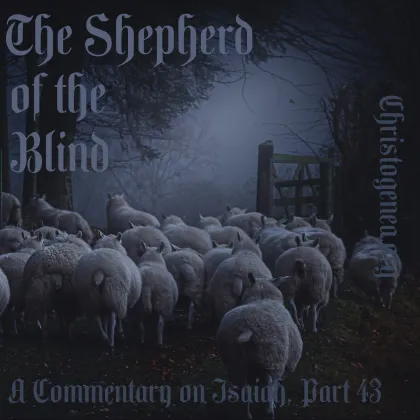
A Commentary on Isaiah, Part 43: The Shepherd of the Blind
As we have said at least several times earlier in this commentary on Isaiah, the prophet was not necessarily writing for his own time. He did address certain contemporary events with near-vision prophecies and accompanying accounts, and they certainly established his credibility as a prophet of Yahweh. However his primary purpose was to prophesy concerning the captivity of the children of Israel, to provide some early records of that process, and to provide visions which described what would become of them in the future, including how they would ultimately be granted mercy, forgiven, redeemed and reconciled to Yahweh their God. For this reason, Isaiah is also the second most frequently cited book of the Old Testament in the writings of the New Testament, surpassed only by the Psalms. Then, out of the citations of Isaiah, these last twenty-six chapters, which address Israel in captivity, are cited more often than the first forty chapters which are mostly focused on Jerusalem and the nations bordering on Judah.
While many of these over-arching far-vision prophecies in Isaiah pertain to the children of Israel in captivity, there are also many Messianic prophecies which had been fulfilled in Christ, or also in John the Baptist or the spread of the Gospel by the apostles of Christ. But some of the Messianic prophecies have not yet been fulfilled, and those which are not are later echoed in one way or another in the Revelation of Yahshua Christ. However there are other things which are described here in Isaiah that are not necessarily intentional prophecies with any definite far-vision fulfillment, but which do represent patterns that may be found to have been repeated in history, because they are the inevitable results of certain sins in which men have repeatedly become ensnared. One of these is found here in Isaiah chapter 43, where the Word of Yahweh addressed the children of Israel and said: “3 For I am the LORD thy God, the Holy One of Israel, thy Saviour: I gave Egypt for thy ransom, Ethiopia and Seba for thee. 4 Since thou wast precious in my sight, thou hast been honourable, and I have loved thee: therefore will I give men for thee, and people for thy life.” This prophecy did indeed have a near-vision fulfillment, as something which had already begun to happen as the very words had been uttered, and the process of its fulfillment is evident in ancient history. This process, as we had described it, represents entire nations which had been Given Up to Darkness.

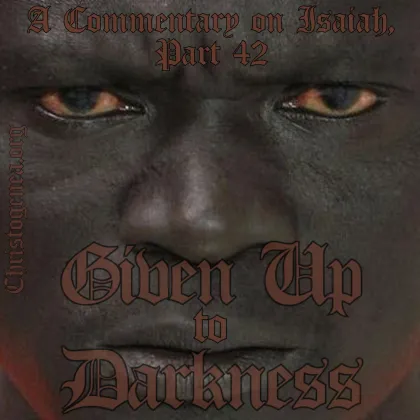
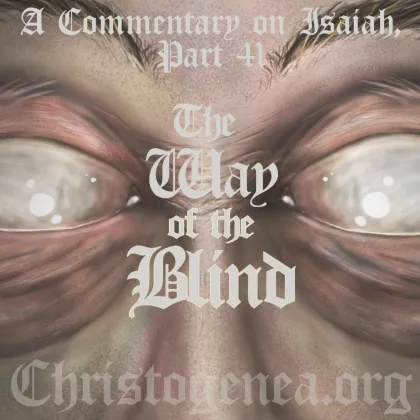

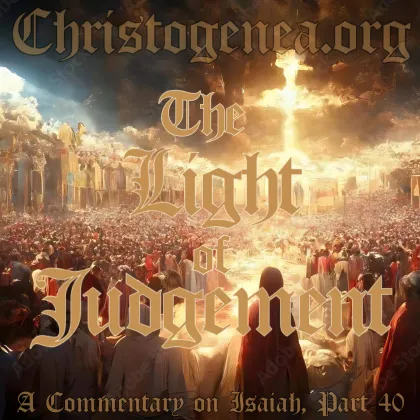
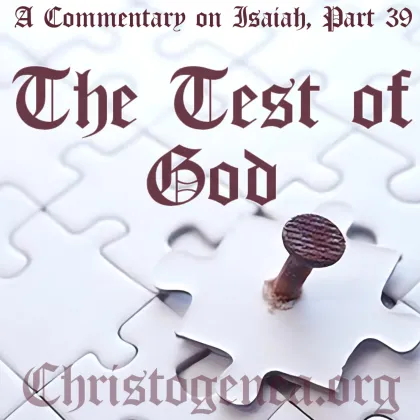
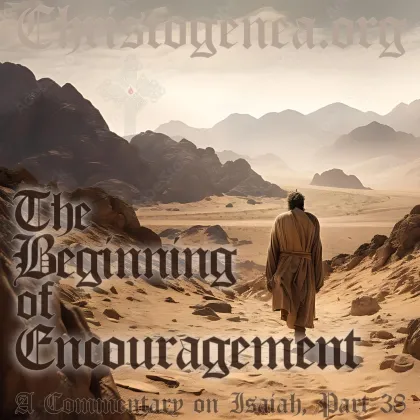
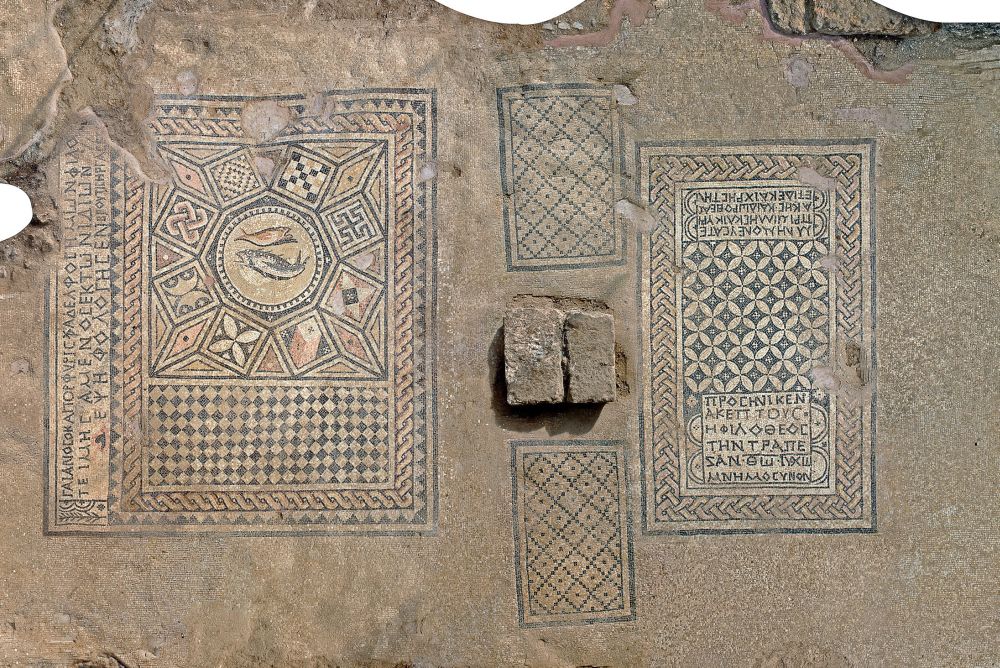
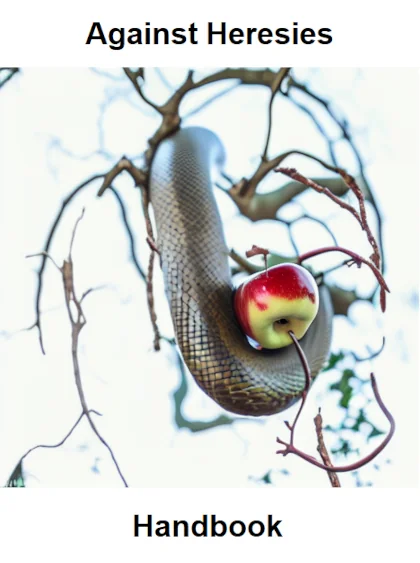
 These past few years, and the past few months especially, Christogenea has been cut off from most of its sources of funding.
These past few years, and the past few months especially, Christogenea has been cut off from most of its sources of funding. 
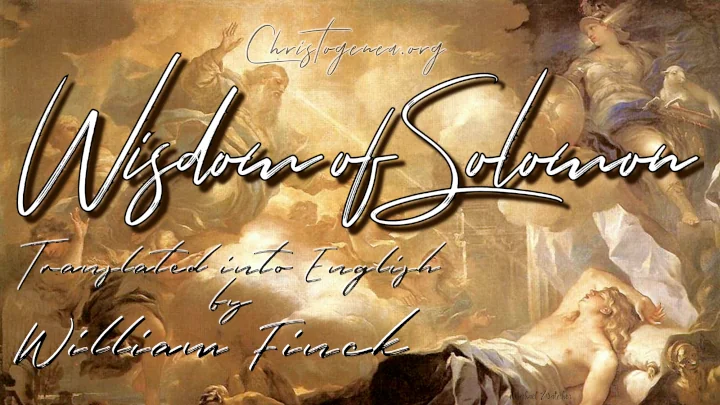

 This is a series of four podcasts which William Finck pre-recorded in June of 2016 for the Weekend Report.
This is a series of four podcasts which William Finck pre-recorded in June of 2016 for the Weekend Report.
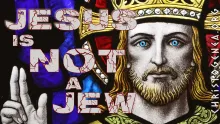




 Please click here for our mailing list sign-up page.
Please click here for our mailing list sign-up page.








Commentaries and Podcasts